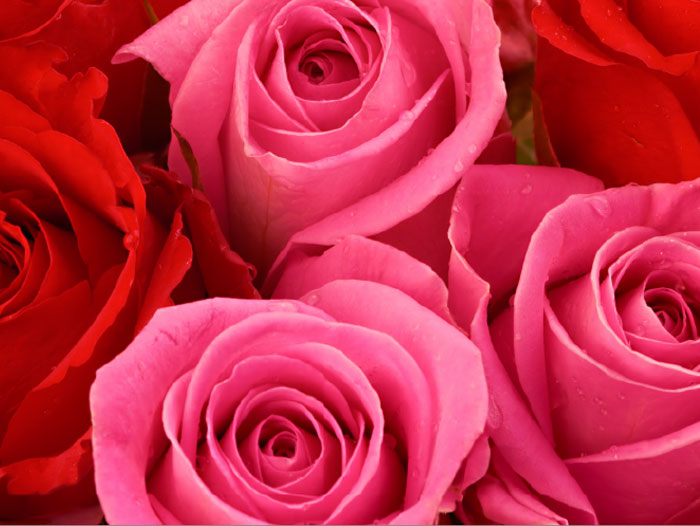Effect of a Continuous Application of 1-MCP During the Transport and Storage of Cut Roses
June 12, 2024 | 1 min to read
Ethylene acts as a phytohormone influencing the ripening and senescence of horticultural products, with flowers like roses, carnations, and alstroemerias being particularly sensitive. Managing ethylene during postharvest is crucial for maintaining flower quality. The chemical 1-methylcyclopropene (1-MCP), found in EthylBloc™, blocks ethylene receptors, but plants can synthesize new receptors, reducing treatment efficacy over time. Therefore, repeated treatments are recommended to mitigate ethylene's effects.

Ethylene is a gas that acts as a phytohormone that regulates the ripening and senescence of most of the horticultural fresh products. In flowers, the exposure of endogenous and/or exogeneous ethylene accelerates the symptoms of senescence. The sensitivity of flowers to ethylene varies depending on the species and cultivar.
However, the most commercially important cut flowers such as roses, carnations and alstroemerias have a high degree of sensitivity. Therefore, a management of ethylene effect should be considered to maintain the quality of flower stems during postharvest.
Ethylene action in plants is dependent on binding of the ethylene molecule to receptors located in plant cells. The chemical 1-methylcyclopropene (1-MCP) blocks the plant ethylene receptors, therefore blocking the ethylene action.
The active ingredient of EthylBloc™ is 1-MCP. However, the plant can synthetize new receptors and the efficacy of the treatment can decrease during the transport and storage phase. Repeated treatments are therefore useful to prevent ethylene effects.
To read the rest of the research, please go to: FloraLife
